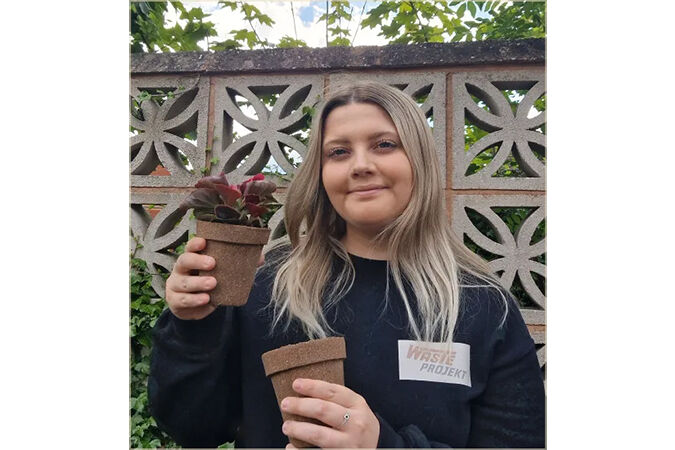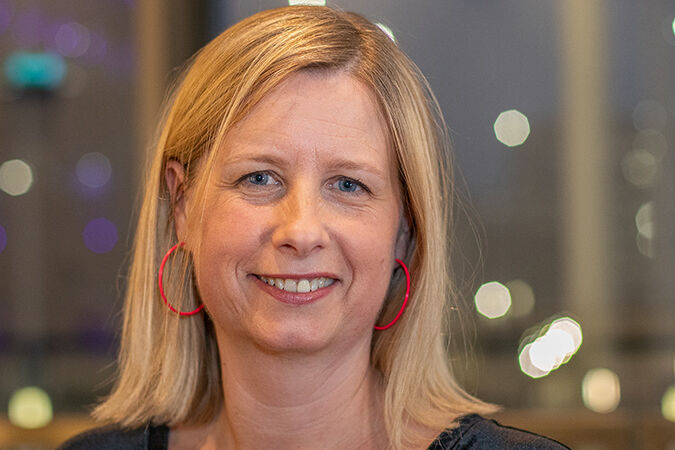BA (Hons) Product and Furniture Design students have been designing contemporary ‘bee houses’ to increase habitat for an important pollinator and gardener’s friend. It’s all part of a module exploring scales of manufacture, with a focus on sustainability and the environment.
Earlier in the year, the Year 1 students welcomed insect expert Aaron Bhambra from The Wildlife Trust for Birmingham and the Black Country for a fascinating introduction to the world of solitary bees.
“Solitary bees are an important ecological groups of insects, which provide enormous ecosystem services in the form of pollination. These tiny colourful creatures nest underground in soil, as well as in holes in wood, cracks in walls and even inside the stems of plants! Around 97% of all wildflowers are pollinated by these charming insects, helping to sustain entire ecosystems and support the health of our native biodiversity. There are 139 species of solitary bee in Birmingham and the Black Country, many of which are at risk of declining due to habitat loss and climate change.” Aaron Bhambra, The Wildlife Trust
The brief was to create bee house designs that would attract a new customer base who appreciate good design and sustainability. Students began by researching different species and their habitats alongside investigating consumer perceptions of current bee house designs. Following a design development stage, the students came up with a range of proposals and developed a working prototype of their final concepts.
Amy Langley commented: “I wanted to create something sculptural and visually interesting as well as having an educational purpose. The idea of being able to get an insight into the bees life without disturbing them really intrigued me, and I wanted it to generate interest to encourage people to be more aware of the nature around them.”

As lockdown affected the final making stages of the project, the students needed plenty of creativity and resourcefulness to generate physical representations of their designs.
This was the case for Aamana Nawaz: “As a student designer, I recognise the importance of prioritising the environment when designing new products so I was very excited about this project. Solitary bees are fundamental to our ecosystem and one way to increase their population is by increasing their habitats. With the target consumer in mind, I kept the design minimal and neutral in colour. Due to the lockdown, I unfortunately couldn’t manufacture this product but it is designed to be made from high quality and durable materials.”

Course Director, Jason Nicholson spoke of Birmingham School of Architecture and Design’s commitment to an urgent response to the global climate and biodiversity emergency: “The school believes that engaging with ‘troublesome knowledge’ such as climate change, biodiversity loss, population growth and social inequality can be transformative and change the way our future designers think, practice and become prepared to face the crises we are experiencing."
“This is the first of future collaborations seeking to explore biodiversity and the designer’s responsibility in developing opportunities for increased awareness of a global issue. Our staff and students have thoroughly enjoyed this project with The Wildlife Trust and we look forward to more chances to work with them in the future.”





